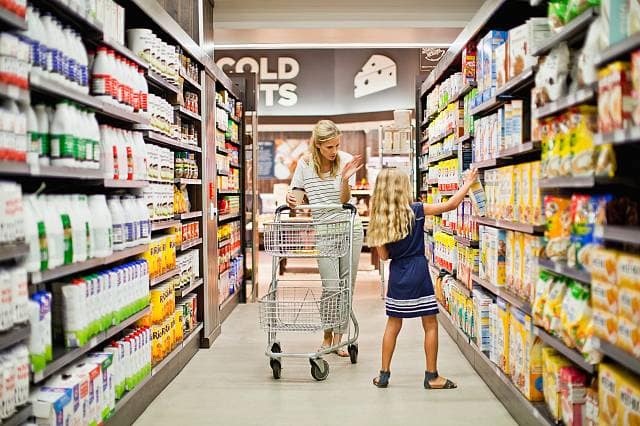It is now more important than ever to consider the environment in business practices. The effects of climate change are looming closer and closer. If we are ever going to save the planet, organisations need to think about the future and be more eco-conscious.
Recently, we have seen great improvements in the area of packaging is an area in which great improvements are being made. We are seeing less and less single use plastic in landfills and oceans, and an increased use of recyclable and sustainable packaging options. Everything from coffee cups and sweet wrappers to packing boxes and grocery bags can be made sustainable. It is simply down to organisations to make the effort and be committed to environmental policy.
Although large corporations like Apple and Nike have pledged to be more sustainable with their packaging, it is the smaller startups who are paving the way. An increasing number of entrepreneurs are seeing the benefits of eco-friendly materials, not only for the planet but for their business too.
Dive into this article as we explore what sustainable packaging truly means and how it can revolutionise the game for startups.
What is sustainable packaging?
Sustainable packaging refers to any packing materials that reduces a brand’s environmental impact. There are several ways in which this can be achieved. It could refer to the materials themselves, for example using recyclable cardboard coffee cups instead of plastic ones. Or even making packing materials out of 100% raw or recycled products. This creates a circular economy around the packaging, extending its lifecycle and usability.
Another way businesses can be more sustainable in their packaging is to reduce in the quantity of material used. We’ve all opened boxes full of unnecessary wrapping. Sustainable packaging adopts a more minimal approach, in the material itself and the production process.
Examples of sustainable packaging materials include cardboard, moulded pulp, bioplastics, and Kraft paper. These can be used for all kinds of purposes, including food and drink containers, boxes, envelopes, bespoke corporate merchandise, hangers, bags, and more.
Simply put, sustainable packaging minimises environmental impact while taking economic and social considerations.
What are the benefits of sustainable packaging?
So why are so many organisations, big and small, embarking on this sustainable packaging journey? The practice has many benefits for the environment, consumers, and companies themselves.
Reducing environmental impact
The obvious benefit of sustainable packaging is the reduced impact on the environment. Traditional materials like plastic, styrofoam, and certain types of paper are non-biodegradable and can take years to decompose. Sustainable materials, on the other hand, can be easily recycled, and do not end up polluting our oceans and landfills as a result.
These materials also typically use less energy in the production process, thereby reducing an organisation’s carbon footprint. Natural resources, such as bamboo and hemp, have also been sourced responsibly and are renewable, meaning their use has minimal contribution to the depletion of earth’s natural resources.
Attracting green consumers
Today’s consumers have more choice than ever before. And the modern buyer is not simply seeking lower cost or higher quality products and services, but also ones that align with their values. Consumers will seek out brands who are consciously serving the environment and taking a stand against unsustainable practices. Adopting sustainable packaging sends a message that a brand cares about the planet.
68% of people claim they would change their consumption habits if it would positively impact the environment, so by reducing their carbon footprint, startups can attract more eco-conscious consumers.
Cutting costs
Sustainable packing is not only better for the environment, it can be more cost effective in the long run too. Although these materials are often more expensive to buy, it is also important to consider the reduced costs of waste disposal, shipping, and processing. Brands may also experience a boost in sales as a result of their green image, and there may be tax incentives or grants available to sustainable organisations.
Boost brand reputation
Incorporating sustainable packaging into business strategy can enhance a brand’s image. It signals that the company is committed to making a difference and cares about the planet. It will foster a deeper emotional connection between a brand and its consumers, and they will benefit from heightened loyalty and advocacy.
Ensuring compliance
Rules and regulations change all the time. While it is still possible for big companies to pollute our oceans with plastic and sewage, this will not always be the case. It is likely that future amendments to policy will make it not just preferable for brands to adopt sustainable packaging, but mandatory. The most forward-thinking startups can get a headstart and ensure they remain compliant in future.
Conclusion
In summary, it’s clear that consumer behaviours and business practices are changing. The most visionary startups are identifying environmental trends and are realising the benefits of sustainable packaging practices. We can look forward to a time in which single-use plastic and non-recyclable materials are a thing of the past and all businesses will adopt eco-friendly packaging as standard.






Leave a Comment